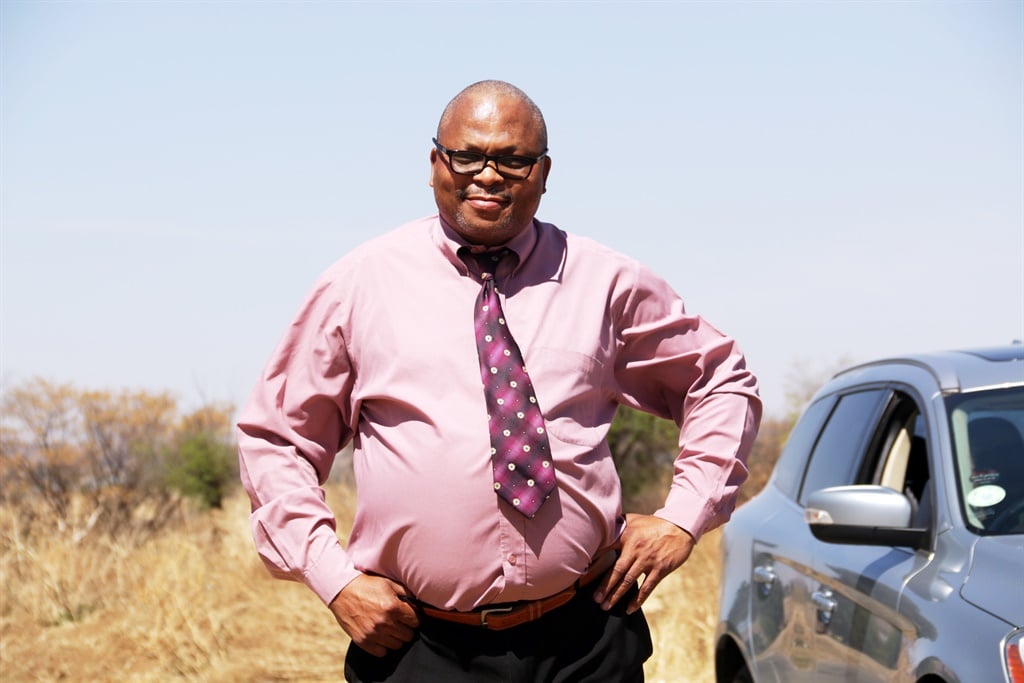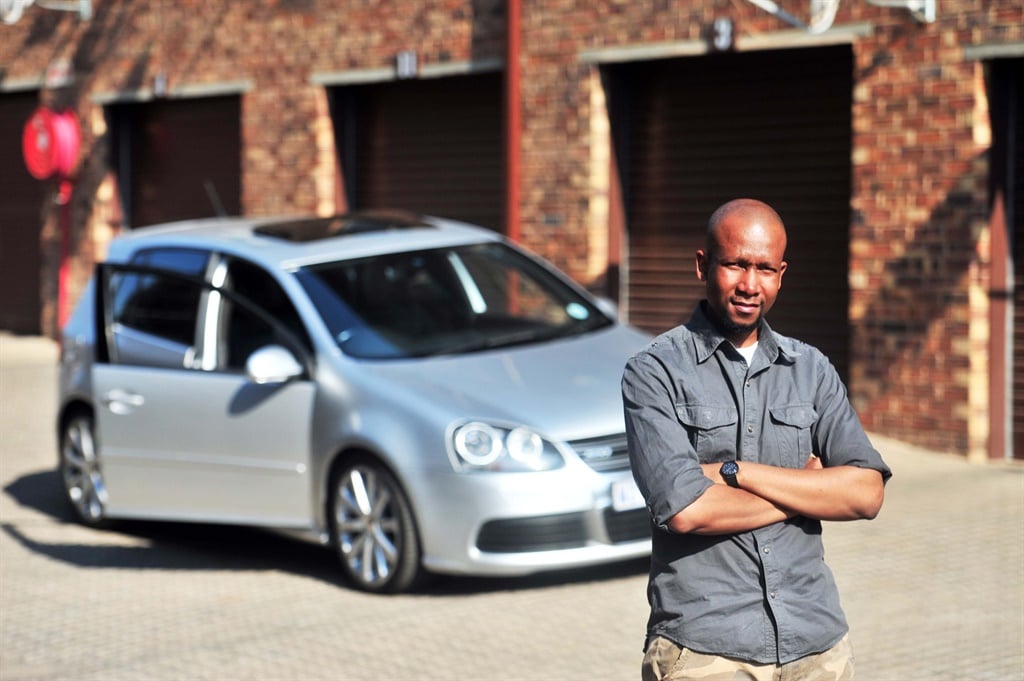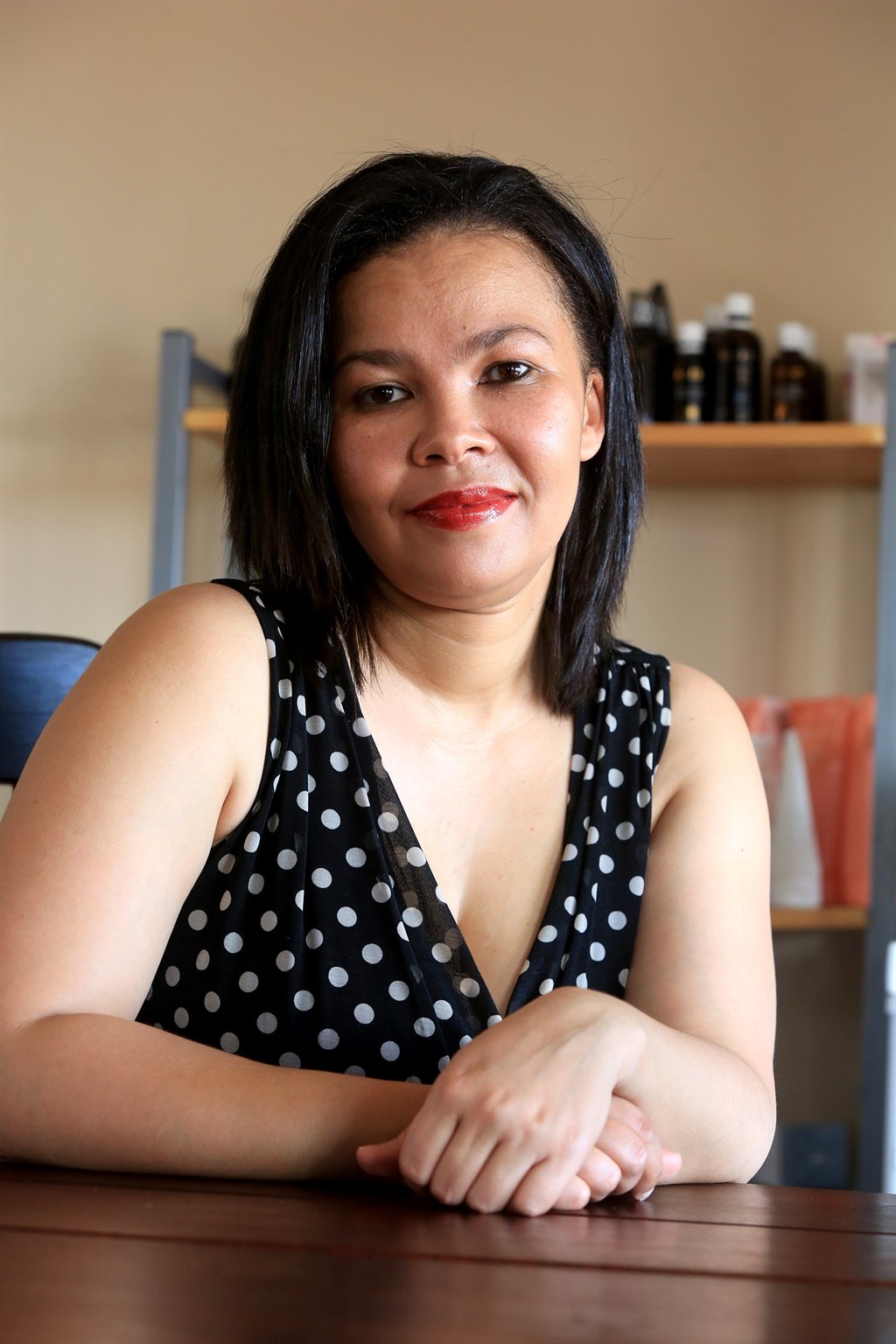
Follow six ordinary South Africans as they take up the Absa/City Press Money Makeover Challenge and undergo a money makeover boot camp. Personal finance expert Maya Fisher-French will share their stories with you and hopefully inspire you to start your own journey
The first goal that faced our contestants was drawing up their budgets to find money that could go towards savings or debt repayments. Now that they have squeezed their budgets as much as they can, those contestants who are struggling with debt repayments have been focusing on ways to pay off their debts as quickly as possible. For some it is a matter of allocating their debt repayments more effectively, but for others the monthly debt repayments were making it difficult to make ends meet and their advisers needed to consider debt restructuring.
Rule one: Stop spending on your credit card
Brigadier Buti’s debts are making it difficult for him to plan for his retirement. His adviser Matt Rudman set a goal for Buti that within six months he will have stopped the debt cycle. Once Buti has his debts out of the way, the payments that are currently being used to service the credit cards and a personal loan can go towards investing and boosting his retirement fund. Rudman explained: “The first rule was that Buti had to stop spending on his credit card. Since our first meeting he has not used his credit cards which has reduced his debt a lot. By not spending and using some of the extra money we found in his budget, we managed to aggressively focus on reducing the debt of his credit cards. He reduced one credit card balance from R37 056 to R21 238 and his second credit card from R26 000 to R9 000 in the last three of months.”
Rule two: Start an emergency fund
Buti has also started to put funds aside for spending money in December and school registration costs in January. By focusing on a dual approach of reducing his credit card balance and putting savings away for the end of the year, Buti hopes to be in a position where he does not need credit cards ever again as he will have enough savings put aside for unexpected expenses.
Rule three: Have a payment plan
With the unexpected birth of his daughter, departure controller Vonne tapped into his credit lines to keep him and his family above water. Those debt repayments are now threatening to drown him, however. Although Vonne is struggling to make ends meet, by having a plan in place to tackle his debts, adviser Maria Mogomotsi believes most of his short-term debts will be settled by the end of 2018.
The first step is to use his end of year bonus and stokvel pay-out to settle his personal loan and clothing account. The next step is to tackle the credit card debt. “Vonne has decided not to continue with his stokvel contributions next year so he will use that R1 000 per month to accelerate his credit card repayment. I will monitor the payment into the credit card each month to help him stick to the commitment. We will also reduce the credit card limit monthly so that he does not go back into debt by spending on the card,” Mogomotsi said. Like Buti, Vonne is also going to open an emergency fund account which will be funded by the payments that used to go to his personal loan and clothing account. This extra saving will prevent him from needing to use his credit card in the future.
Rule four: Consolidate, but only if it makes sense
The debt that keeps book-keeper Monique awake at night is a result of her side-line business ventures. Having lost money in a previous partnership and now using a revolving credit facility to maintain the stock of her direct-selling beauty product business, Monique is spending R4 000 a month on repaying her short-term debt. This is putting financial pressure on her day-to-day needs and also on her ability to send her daughter to the school of her choice.
As Monique has never missed a debt repayment and she is not overindebted, she qualifies for debt consolidation. “By combining all these separate debts into one loan, and adjusting the term and interest rate, a lower monthly premium can be negotiated,” explains her adviser, Jacques Venter.
Monique reduced her monthly payments to R1 740 and her interest rate reduced from 32% to 23.25%. Monique qualified for a loan of R100 000 but opted for R52 000 to settle her loans – never use debt consolidation to increase debt! Monique will increase repayments when her financial situation improves, but for now she can afford to finish her book-keeping studies and send her daughter to her chosen school. “I put her name down when she was just eight months old. Now I know that I can definitely afford the school fees and not worry about where the next rands are going to come from.”
When it comes to paying off debt, most of us just feel overwhelmed. We think that a lump sum that will settle our debt in one go is the only solution.
But as our contestants have already shown, what you really need is a plan and some discipline. You don’t have to tackle all your debts at once – put a dominoes strategy in place and knock them over one by one.
In this example we show you how to use R1 000 to pay off R50 000 in just 18 months.
Let’s assume you have multiple credit facilities and owe a total of R50 000:
- Retail store account R3 000, current repayment R300 per month;
- Clothing account R7 000, current repayment R500 per month;
- Personal loan R10 000, current repayment R650 per month; and
- Bank credit card R30 000, current repayment R2 500 per month.
Rather than trying to incrementally increase the repayment amount on each loan, target the smallest debt first by increasing that payment by R1 000. If you can settle one debt quickly it will give you the motivation to keep going and it will free up more cash to target the next debt.
January: Increase the retail store repayment by R1 000 to R1 300, and it will be paid off by March 2018.
April: Take the R1 300 you used for the retail store account and add to the clothing account to increase repayments to R1 800. Paid off by July 2018
August: Take the R1 800 from the clothing account and increase your personal loan repayments to R2 450. Paid off by November 2018
December: Take the R2 450 from your personal loan repayments and hit that credit card with R4 950 per month. Paid off by June 2019
So you have just paid off R50 000 worth of debt with just R1 000 out of your budget in 18 months. If you receive a company bonus or some extra cash, you can pay the debt even faster.
Remember this only works if you close down the credit facilities as you pay them off, otherwise you will just go back into debt.
You also need to follow a dual strategy of building up an emergency fund so you have some savings for emergencies that stop you from taking out credit again.
FOLLOW US:
Follow the Money Makeover journey at city-press.news24.com/Special-Report/MoneyMakeover and on Twitter and Instagram (@city_press) and Facebook (@citypress.co.za) using the hashtag: #MoneyMakeover




 Publications
Publications
 Partners
Partners











